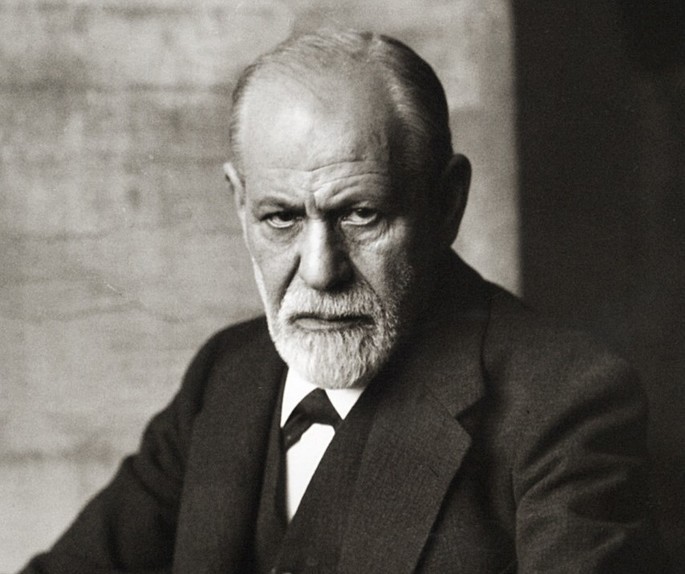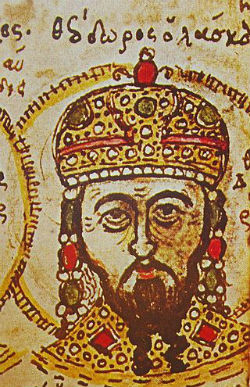Aristotelian ethics
Aristotle (384 BC – 322 BC) was the first philosopher to treat ethics as an area of knowledge, being considered the founder of ethics as a discipline of philosophy. Ethics (from the Greek ethos, “custom”, “habit” or “character”) for Aristotle is directly Read more


